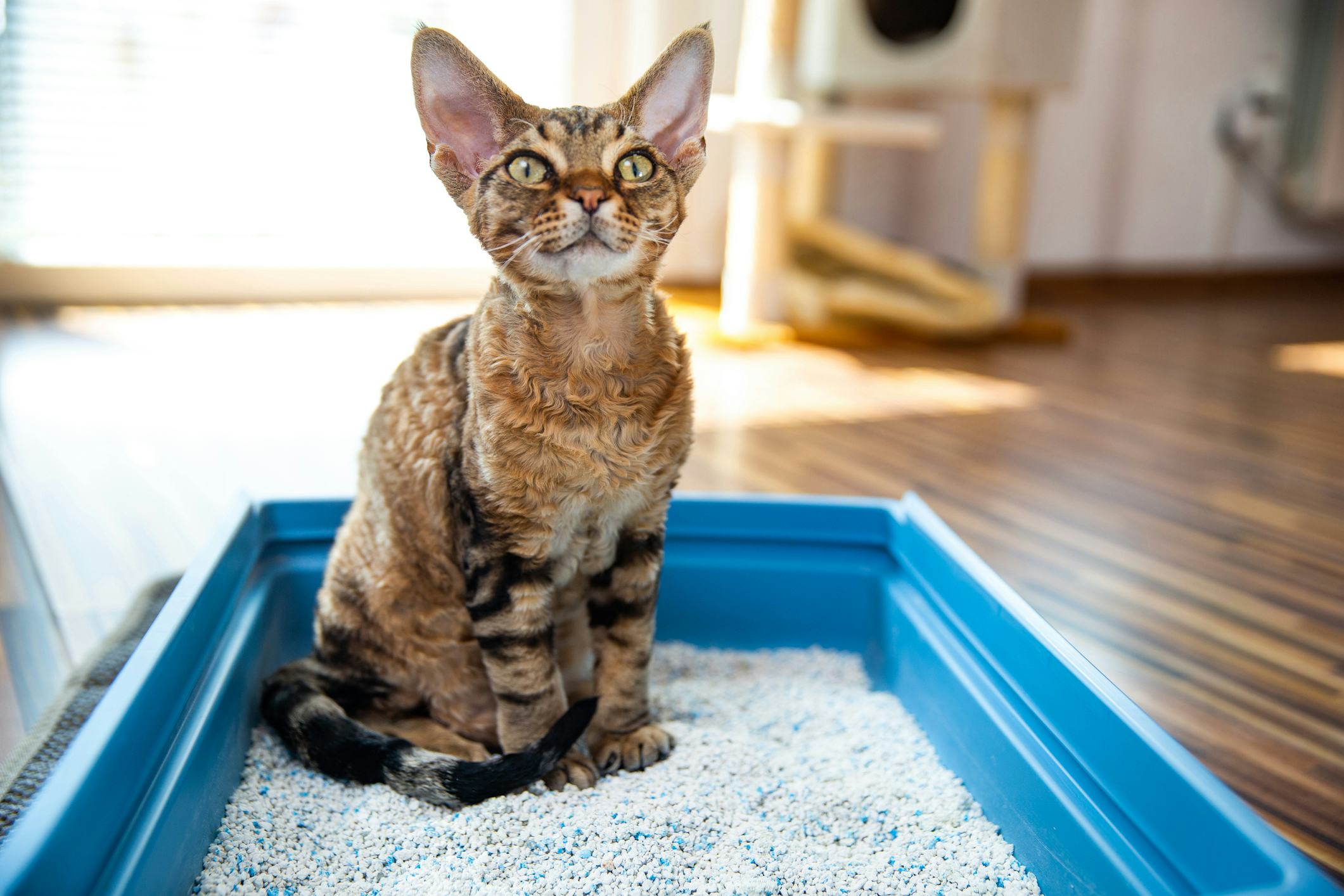Why You Must Never Flush Cat Poop Down Your Toilet - Important Facts
Why You Must Never Flush Cat Poop Down Your Toilet - Important Facts
Blog Article
How do you really feel on the subject of Don’t flush cat feces down the toilet?

Intro
As cat proprietors, it's important to bear in mind exactly how we deal with our feline buddies' waste. While it may seem practical to flush feline poop down the commode, this practice can have damaging repercussions for both the atmosphere and human health and wellness.
Alternatives to Flushing
Luckily, there are more secure and a lot more responsible means to throw away pet cat poop. Consider the complying with options:
1. Scoop and Dispose in Trash
One of the most typical technique of dealing with feline poop is to scoop it right into a biodegradable bag and toss it in the trash. Make sure to utilize a devoted litter inside story and deal with the waste promptly.
2. Use Biodegradable Litter
Go with biodegradable cat clutter made from products such as corn or wheat. These trashes are environmentally friendly and can be securely dealt with in the garbage.
3. Hide in the Yard
If you have a yard, take into consideration hiding cat waste in an assigned area far from veggie yards and water resources. Be sure to dig deep enough to prevent contamination of groundwater.
4. Set Up a Pet Waste Disposal System
Buy a pet waste disposal system specifically made for pet cat waste. These systems utilize enzymes to break down the waste, minimizing smell and environmental influence.
Wellness Risks
Along with ecological worries, purging cat waste can likewise pose health threats to humans. Pet cat feces may have Toxoplasma gondii, a bloodsucker that can create toxoplasmosis-- a possibly serious illness, specifically for expecting females and people with weakened immune systems.
Ecological Impact
Flushing feline poop presents damaging virus and bloodsuckers into the water system, posing a considerable threat to aquatic communities. These impurities can adversely influence marine life and compromise water quality.
Conclusion
Responsible pet dog possession prolongs past providing food and shelter-- it likewise includes proper waste monitoring. By avoiding flushing cat poop down the bathroom and opting for alternative disposal approaches, we can lessen our environmental impact and safeguard human wellness.
Why Can’t I Flush Cat Poop?
It Spreads a Parasite
Cats are frequently infected with a parasite called toxoplasma gondii. The parasite causes an infection called toxoplasmosis. It is usually harmless to cats. The parasite only uses cat poop as a host for its eggs. Otherwise, the cat’s immune system usually keeps the infection at low enough levels to maintain its own health. But it does not stop the develop of eggs. These eggs are tiny and surprisingly tough. They may survive for a year before they begin to grow. But that’s the problem.
Our wastewater system is not designed to deal with toxoplasmosis eggs. Instead, most eggs will flush from your toilet into sewers and wastewater management plants. After the sewage is treated for many other harmful things in it, it is typically released into local rivers, lakes, or oceans. Here, the toxoplasmosis eggs can find new hosts, including starfish, crabs, otters, and many other wildlife. For many, this is a significant risk to their health. Toxoplasmosis can also end up infecting water sources that are important for agriculture, which means our deer, pigs, and sheep can get infected too.
Is There Risk to Humans?
There can be a risk to human life from flushing cat poop down the toilet. If you do so, the parasites from your cat’s poop can end up in shellfish, game animals, or livestock. If this meat is then served raw or undercooked, the people who eat it can get sick.
In fact, according to the CDC, 40 million people in the United States are infected with toxoplasma gondii. They get it from exposure to infected seafood, or from some kind of cat poop contamination, like drinking from a stream that is contaminated or touching anything that has come into contact with cat poop. That includes just cleaning a cat litter box.
Most people who get infected with these parasites will not develop any symptoms. However, for pregnant women or for those with compromised immune systems, the parasite can cause severe health problems.
How to Handle Cat Poop
The best way to handle cat poop is actually to clean the box more often. The eggs that the parasite sheds will not become active until one to five days after the cat poops. That means that if you clean daily, you’re much less likely to come into direct contact with infectious eggs.
That said, always dispose of cat poop in the garbage and not down the toilet. Wash your hands before and after you clean the litter box, and bring the bag of poop right outside to your garbage bins.
https://trenchlesssolutionsusa.com/why-cant-i-flush-cat-poop/

We were brought to that report about Don’t flush cat feces down the toilet from a good friend on a different web blog. Enjoyed reading our article? Please share it. Let somebody else check it out. Many thanks for your time invested reading it.
Get Quote Now Report this page